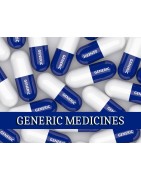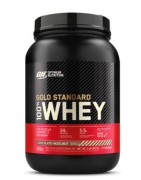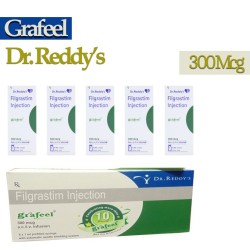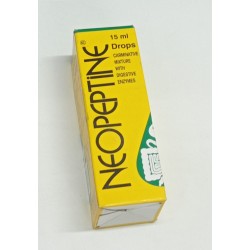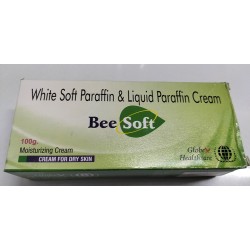Suppliers
No supplier
Subcategories
-
Specialty Medicines
One class of medications known as specialty medicines is used to treat uncommon or difficult-to-treat illnesses. They may need specific handling or administration, and they are usually more costly than conventional drugs.
The following are some essential traits of specialised medications:
- Handle difficult or uncommon conditions: A variety of illnesses, including as cancer, rheumatoid arthritis, haemophilia, HIV/AIDS, and multiple sclerosis, are treated using specialty medications.
- Expensive: Because of the complicated manufacturing process, the rarity of the disorders they treat, and the need for continuous research and development, specialty medications can be quite costly.
- High complexity: Administering specialty medications can be challenging, necessitating more training for medical professionals.
-
Generic Meds
A generic drug is one that is manufactured to have the same active ingredients as an existing brand-name drug. The salient features of generic medications are outlined below:
Same Active Ingredients: The active ingredients in generic medications are identical to those in brand-name medications, both in terms of quantity and potency. This indicates that they have similar physiological effects and therapeutic outcomes.
Lower Cost: Generic medications are substantially less expensive than brand-name medications because generic producers do not have to recover the hefty R&D expenses associated with developing a new drug.
-
Discount on Medicines
Get up-to 30% discount on selected medicines.
-
Skin Care & Cosmetics
A vast range of creams, lotions, serums, gels, and other topical pharmaceuticals are referred to as skin care products. These are used to cure skin diseases, moisturise, clean, and shield the skin from the sun. They may be divided roughly into three major categories:
Cleansers: These products rid the skin of debris, oil, makeup, and other pollutants.
skin care products and cleaners
Moisturisers: These goods maintain the skin's hydration and suppleness.
Products for skin care that moisturise
Treatments: Specific skin issues including wrinkles, hyperpigmentation, and acne are addressed with these products.
-
Nutrition & Fitness...
Some dietary supplements can improve overall health and help manage some health conditions. For example:
Calcium and vitamin D help keep bones strong and reduce bone loss.
Folic acid decreases the risk of certain birth defects.
Omega-3 fatty acids from fish oils might help some people with heart disease.
The Supplement Facts label, which is included with products sold as dietary supplements, includes a list of the active components, the amount per serving (dose), and other substances including flavourings, binders, and fillers. The serving size is recommended by the manufacturer, but your doctor may determine that you should consume a different quantity.
Efficiency
If you don't consume a wide variety of nutrient-dense meals, certain dietary supplements may be able to assist you obtain sufficient levels of vital nutrients. Supplements, however, are unable to replace the diversity of foods that are essential to a balanced diet.

